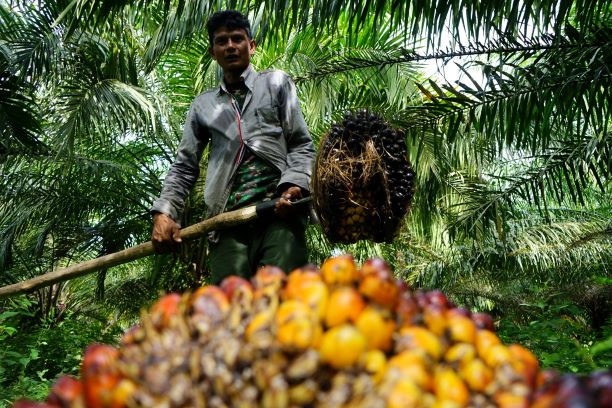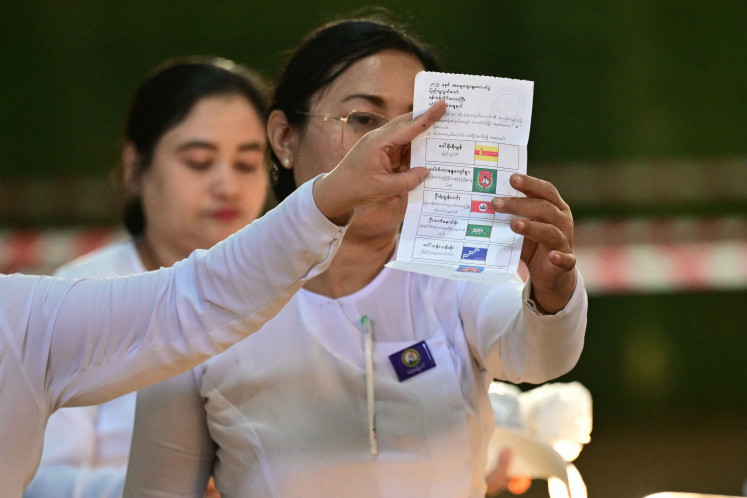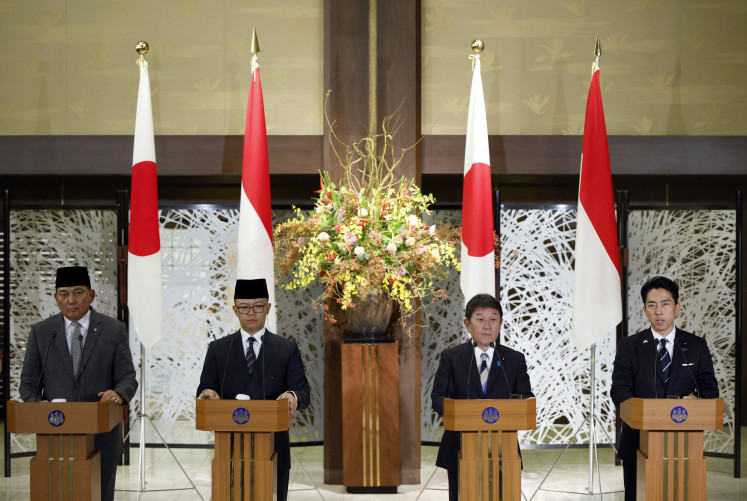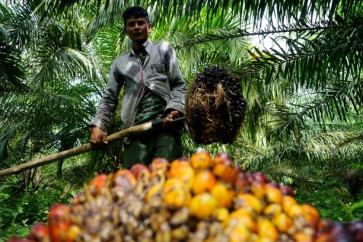Popular Reads
Top Results
Can't find what you're looking for?
View all search resultsPopular Reads
Top Results
Can't find what you're looking for?
View all search resultsEmpowering plantation smallholders to address economic inequality
Despite their substantial contribution to national production, many smallholders remain trapped in structural disadvantages.
Change text size
Gift Premium Articles
to Anyone
T
he plight of smallholders in Indonesia’s oil palm sector has resurfaced as a crucial yet often overlooked issue. Despite their substantial contribution to national production, many smallholders remain trapped in structural disadvantages, facing low productivity, insecure land tenure, limited access to capital and unequal relationships with large agribusiness firms.
This situation persists despite the clear mandate of the 2014 Plantation Law, which obliges plantation firms to engage in partnership arrangements with surrounding smallholders, specifically through a framework that revives the once-successful Nucleus Estate and Smallholder (NES) scheme.
The failure to enforce this mandate raises serious questions about governance, legal consistency and the future of inclusive agricultural development in Indonesia.
The NES scheme, introduced in the 1970s and 1980s under World Bank financing, was a cornerstone of Indonesia’s rural development strategy. It brought state-owned plantation companies into partnership with smallholders, offering them technical support, market access and financial backing.
The model was straightforward: A nucleus estate (often run by a state-owned company) served as the core production hub, while smallholders surrounding the estate were integrated into the supply chain.
Crucially, these smallholders received support in land preparation, seed inputs and harvest logistics, enabling them to achieve yields comparable to those of large estates. In its heyday, NES was credited with reducing poverty, bridging productivity gaps and expanding rural infrastructure.
However, since the withdrawal of World Bank support and the dominance of private investors in plantation expansion, the NES model has largely faded into obscurity.



















